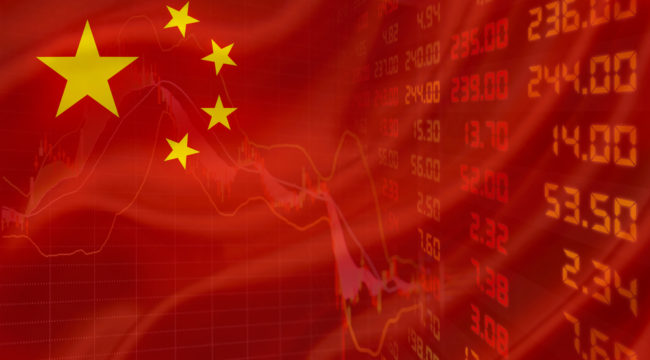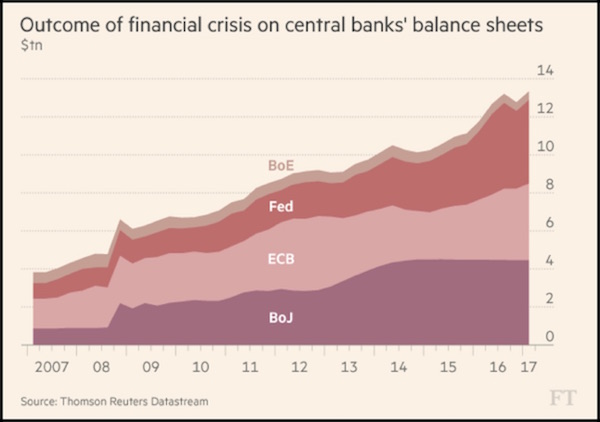 Will there be a major stock market crash before the end of 2017? To many of us, it seems like we have been waiting for this ridiculous stock market bubble to burst for a very long time. The experts have been warning us over and over again that stocks cannot keep going up like this indefinitely, and yet this market has seemed absolutely determined to defy the laws of economics. But most people don’t remember that we went through a similar thing before the financial crisis of 2008 as well. I recently spoke to an investor that shorted the market three years ahead of that crash. In the end his long-term analysis was right on the money, but his timing was just a bit off, and the same thing will be true with many of the experts this time around.
Will there be a major stock market crash before the end of 2017? To many of us, it seems like we have been waiting for this ridiculous stock market bubble to burst for a very long time. The experts have been warning us over and over again that stocks cannot keep going up like this indefinitely, and yet this market has seemed absolutely determined to defy the laws of economics. But most people don’t remember that we went through a similar thing before the financial crisis of 2008 as well. I recently spoke to an investor that shorted the market three years ahead of that crash. In the end his long-term analysis was right on the money, but his timing was just a bit off, and the same thing will be true with many of the experts this time around.
On Monday, I was quite stunned to learn what Brad McMillan had just said about the market. He is considered to be one of the brightest minds in the financial world, and he told CNBC that stocks would need to fall “somewhere between 30 and 40 percent just to get to fair value”…
Brad McMillan — who counsels independent financial advisors representing $114 billion in assets under management — told CNBC on Monday that the stock market is way overvalued.
“The market probably would have to drop somewhere between 30 and 40 percent to get to fair value, based on historical standards,” said McMillan, chief investment officer at Massachusetts-based Commonwealth Financial Network.
McMillan’s analysis is very similar to mine. For a long time I have been warning that valuations would need to decline by at least 40 or 50 percent just to get back to the long-term averages.
…click on the above link to read the rest of the article…










 Source: Financial Times
Source: Financial Times



